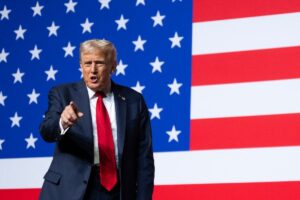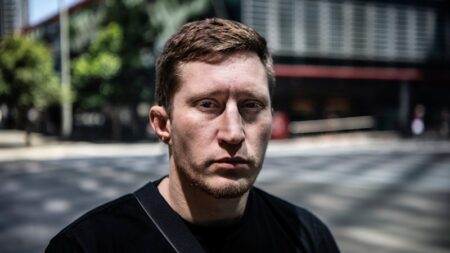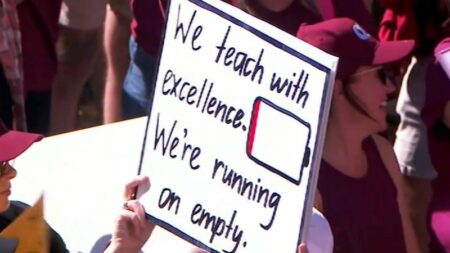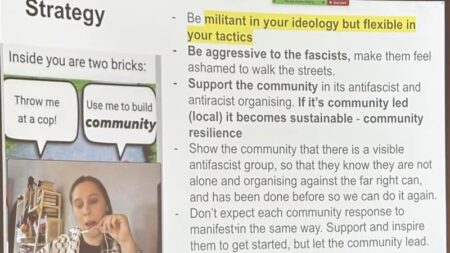Loading
At the Washington Post, there are more than 500 comments in response to a report this week that Australia had denied a visa to right-wing influencer, Candace Owens, who had intended to conduct a speaking tour in Australia. Despite the fundamental American belief in the right to free speech, the vast majority of comments were supportive of Australia’s stance.
Turning to Fox News, I read an article about the booing of the American national anthem at a wrestling event in Perth last week. This report garnered over 800 comments. The overwhelming majority were hostile to Australia with the most common sentiment being “Cut Australia off from US military assistance and throw them to China”, only expressed in less polite terms. Similarly, a September Fox News report into Australia’s joint decision with the UK and Canada to recognise a Palestinian state elicited over 3000, predominantly furious, comments. Australian tourism ambassador to the US, Robert Irwin, might want to consider taking a taipan or two for protection, if he’s on the promotional trail in Trump heartland.
Australia’s censoring of a MAGA darling, the booing of the American national anthem at a sports event and Australia refusing to fall into line with one aspect of US foreign policy might not seem like critical threats to the alliance. But they are, arguably, early warning signs; flashpoints indicating that Australia is on an ideological collision course with the MAGA agenda. Likely areas of future discord include climate change, human rights, trade and how intelligence gathered from joint facilities such as Pine Gap will be deployed.
Twenty-one years ago, Australian foreign correspondent and diplomat, Bruce Grant, wrote a book, Fatal Attraction: Reflections on the Alliance with the United States, which contained the following prescient observation: “The United States does not regard itself as another nation-state in a global system. It regards itself as a model to be followed.”
If Grant was right, perhaps that unsettling feeling that the wrong questions are being asked is because the answers we most urgently need aren’t about the US at all. We may no longer recognise our long-time ally but it’s imperative that we start asking ourselves the hard questions, without following them blindly, before we no longer recognise ourselves.
Loading
Melanie La’Brooy is an award-winning novelist who has lived in Africa, Asia, Europe and the Middle East and writes on politics and social justice issues.
The Opinion newsletter is a weekly wrap of views that will challenge, champion and inform your own. Sign up here.
Read the full article here

















